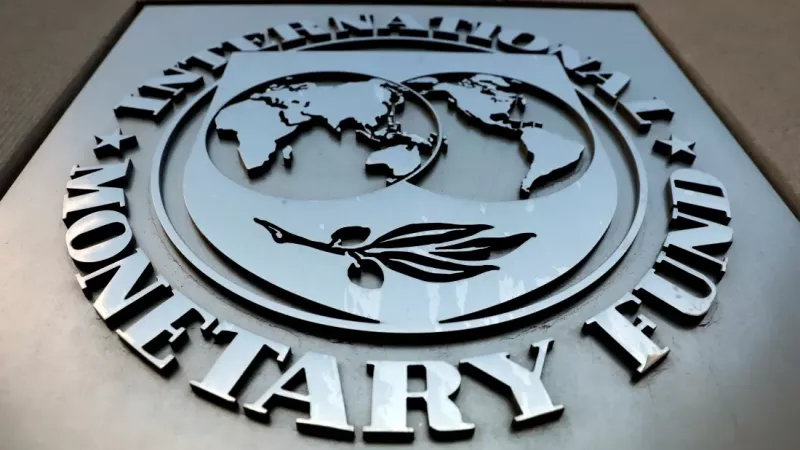After the devastating economic effects of the covid-19 pandemic in Africa, the continent appeared to recover in 2021. Growth was 4.5%, up from the 3.7% projected by The International Monetary Fund (IMF.)
But this recovery may be short-lived. According to a new IMF report released yesterday (April 28), growth in 2022 will slow to 3.8%.
“With the pandemic, a few segments of society were able to insulate themselves from the [economic] effects,” Abebe Aemro Selassie, the director of the IMF’s African Department tells Quartz. He contrasts this with the war in Ukraine, whose effects—rising fuel and food prices, largely—will be experienced by everyone.
The economic impact of war in Ukraine is already being felt in Africa
These effects are already being felt across African cities—whether it’s the doubling of fuel prices in Nigeria, food inflation and fuel shortages in Kenya, or heightened food insecurity in the Horn of Africa, a region that heavily relies on Russia and Ukraine for wheat imports.
The IMF report urges African governments to address the local impact of the war, balance inflation and growth, and manage exchange-rate adjustments. None of these will be straightforward.
Governments must generate revenue: the two main options are increased borrowing or widening the tax base. However, Selassie has misgivings. “Taxes need to pay for government spending but governments have to use the money transparently,” he says.
In January, Kenya’s president Uhuru Kenyatta said $18.5 million is stolen from the government every day. In 2021, several African countries experienced double digit rates of inflation. As a consequence of this chronic mismanagement, Africans are unlikely to accept tax rises easily.
Borrowing is also an unattractive option. According to the IMF, South Africa, Guinea Bissau, Eritrea, Ghana, Togo, Sierra Leone, Gabon, Congo, Angola, Mozambique, Kenya, and Zambia all have debt totaling more than 70% of their GDPs. Zambia’s debt burden exceeds its GDP, and in 2020, it became the first African country to default on repayments to lenders during covid.
The promising aspects of Africa’s economic future
There is cause for optimism, mainly the promise of central bank digital currencies (CBDCs), and increased regional integration.
But again, nothing is straightforward. “Adopting CBDCs isn’t a panacea,” Selassie warns. “Making sure you have a robust payment system in the country is a major part of the work done that needs to be done by central banks.




